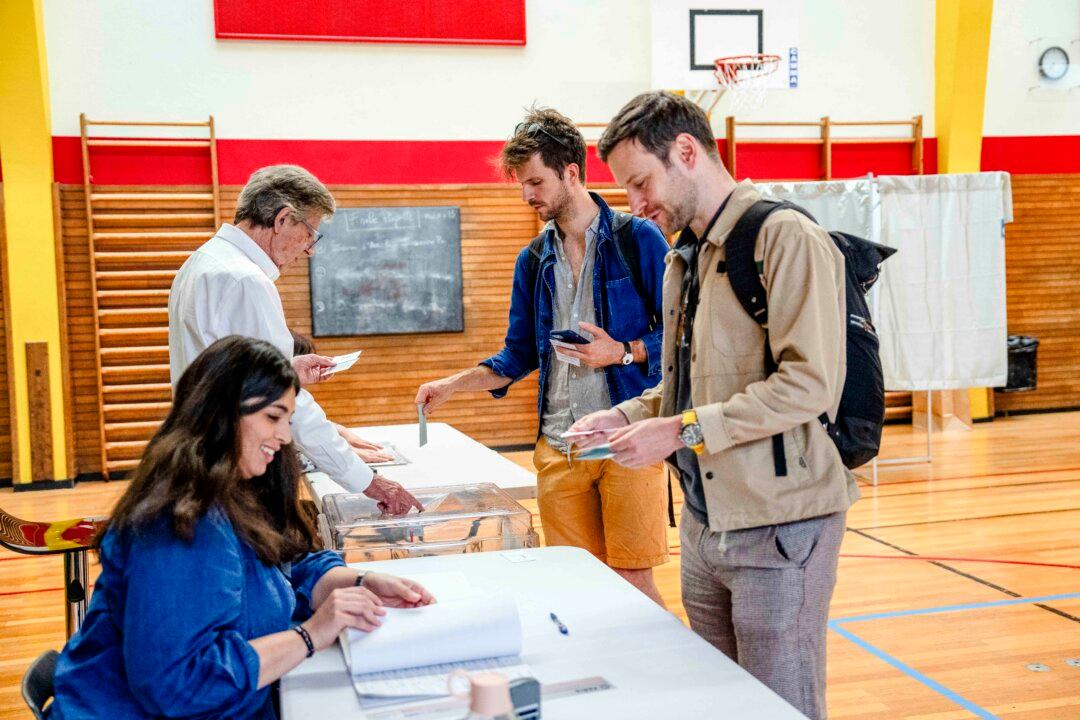The left-wing New Popular Front coalition has won the largest share of seats in the French National Assembly, according to the final results from the second round of voting.
However, none of the three major contenders took an absolute majority, setting the stage for a political gridlock in France.





